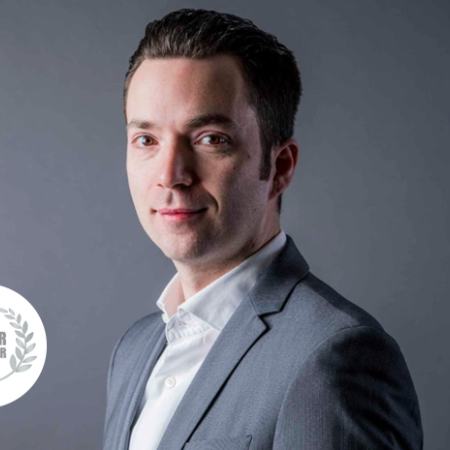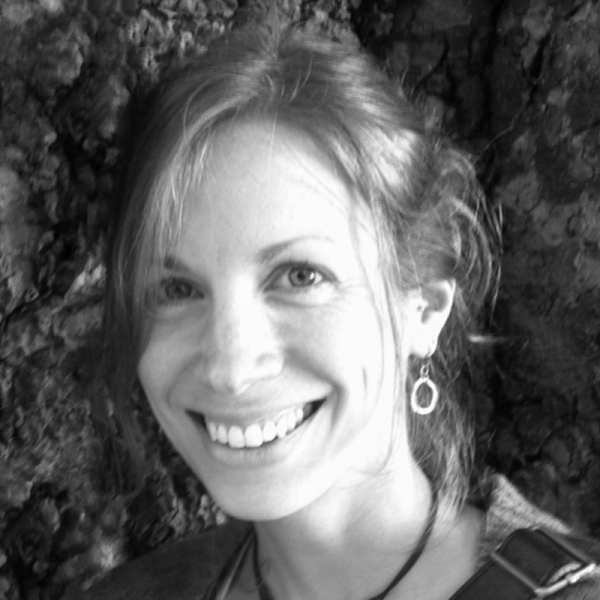October 4, 2022
Kira Nash interviews Mattia Pedon about Pedon Group’s humanitarian work and the importance and benefits of giving back.


A family business now run by the second generation, Pedon Group is one of Italy’s leading suppliers of pulses, cereals, oilseeds, and superfoods and is a GPC Silver Member. Active both domestically and globally, Pedon Group is a significant market force in Europe, the US, and beyond. GPC interviewed Mattia earlier this year about the intricacies of the Italian market; in this piece, the focus is on Pedon Group’s commitment to helping communities around the world.
Of course. We’re active both in Italy and abroad, particularly in Ethiopia as a part of our ACOS Ethiopia business. At home, we combine our charity work with our innovative developments in packaging sustainability; this allows us to do two good things at once! We have a range of products where the packaging is made from recycled pulse waste — fantastic for reducing our environmental footprint and our paper use — and for each of these products we sell, we give a percentage of the cost to a charity. Sometimes it’s Save the Children, sometimes it’s another, smaller charity; we work with several.
We also have a project with Banco Alimentare in Italy where we donate food as opposed to giving financial support. In 2019, we gave I think around 60,000 meals, and in 2020, we donated 100,000 meals. And of course, with the ongoing situation in Ukraine, we’re doing what we can to help there as well. We sent several trucks of our products to an Italian company that also operates in Ukraine for them to transport the food to where it’s most needed.
No, we’re much more directly involved in Ethiopia. Our factory is in Adama, about four hours from Addis Ababa. The first time I traveled to Adama, the road was terrible! Both in terms of the actual quality of the road itself but also because so many people live around the road. There were children, animals on the road: it was impossible to make the journey at night.
When we were planning our factory, we looked around another factory in the area to better understand the local situation. We realized that the women who worked in that factory always took their children with them to work. The nearest kindergarten at that time was two hours’ walk away; it was a tiring, dangerous walk down the road I mentioned, so many children just remained with their mothers instead of going to school. We saw that as an untenable situation for our own plant, so we decided to open a kindergarten for the children of our factory workers. That was in 2005. In fact, we opened the kindergarten before we opened the factory, as the factory took longer to license!
Today, we have 15 workers at the school between teachers and other staff. And while it began as a school just for our workers’ children, it’s now open to anyone who can’t afford to send their children to another, paid school. There are other options in the area — other schools have opened in the past 17 years and the area is much more developed now — but ours is a lifesaver for low-income parents and caregivers. We currently have around 200 students between the ages of three to six or seven.
Definitely. The biggest issue for us has been how to keep the building supplied with chairs, tables, anything really. It’s very difficult to import into Ethiopia even if it’s for your own use or for charitable use; everything is taxed as the authorities are concerned that people will import and resell without going through the proper channels. So we’ve really struggled to get them what they need. It’s impossible to send them any technology like computers or mobile phones. A few years ago, I tried to take an extra laptop myself on one of my trips to visit the factory, but the customs agents at the airport wouldn’t allow it as I already had my own laptop with me. It’s very difficult to support the project in that way, but we do our best.
It’s absolutely the triumphs that make it all worthwhile. The most joy for us has come from seeing these children grow up, go to university and start their own lives. It got disrupted during COVID, but we used to have an event every year where we’d invite a few of our past students to the factory to share with everyone how they’re doing.
One very touching story involved an orphan girl; she lost both of her parents and was being cared for by an aunt. She went to our kindergarten and stayed close to the ACOS community; she was even able to go to university on a sort of scholarship, so it was amazing to see how she had grown and flourished despite her difficult circumstances. We’re so grateful to be able to provide these chances for the children who might otherwise really struggle to find their way.
They need to look at both sides of the coin. We give, but we get back too. Maybe in different ways, but there are certainly benefits for us in doing what we do. In Adama, for example, the kindergarten has helped us to be more accepted within the local community. It’s helped the local and national governments to understand us more as a company and be more willing to work with us. Having a school for workers’ children has also encouraged women to come and work for us instead of another company. And, of course, our efforts are very much appreciated by our European customers who have sensibilities in these areas.
Companies always need to think of profit but profit isn’t just financial. There are a lot of ways to benefit as a company. It’s a question of balancing what you do and how it affects the entire situation. We have the community benefit of those 200 children sitting in our school; we also have the benefits to our company that the school brings. It’s important to find a way to mesh the two sides.
If other companies could learn a lesson from our story, it would be that you can do something good and have something back without being ashamed of that!
Disclaimer: The opinions or views expressed in this publication are those of the authors or quoted persons. They do not purport to reflect the opinions or views of the Global Pulse Confederation or its members.